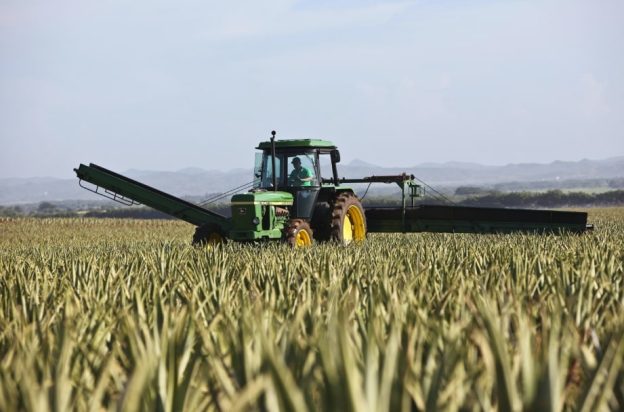The environmental impact of producing and using fertiliser is a hot topic at the moment. As we look to tackle climate change and protect the planet, there is a lot of attention on how we can still protect food supplies. A new study could have an answer.
Biochar
Researchers at Cornell University are proposing that human waste could be a viable alternative to other fertilisers. They claim that it could help to create a circular bionutrient economy. This would reduce the negative impacts of crop production, such as greenhouse gases and damage to waterways and aquatic life. At the same time, it would preserve food supplies.
The core of the study is the use of biochar. What you do is take solid human excrement waste and treat it at very high heat. This removes much of the moisture and creates a type of charcoal. The research claims it could provide 7% of global phosphorous for agriculture. At the same time, it could remove a significant amount of carbon dioxide from the atmosphere.
Processing urine separately and adding the nutrients to the biochar could provide even more benefits. Crucially, it could increase the phosphorous to 15%. At the same time it could provide significant volumes of nitrogen and potassium (17% and 25% respectively). Manufacturers would have the option to tailor the levels of nutrients in the fertiliser to suit different growing needs.
Evolution
Interestingly, some farmers already use sewage sludge on farmland. However, there are some drawbacks because it has high water content. It adds a significant amount of weight and volume. Critically, that can result in high transportation costs and release greenhouse gases.
Biochar would be a fantastic alternative to liquid sewage sludge. You save a massive 90% in both weight and volume. That makes it easier to transport and apply to farmland. Plus, careful processing can get rid of things like pathogens, pharmaceuticals, microplastics, and other contaminants.
Ultimately, the big claim is the move to biochar instead of other types of fertiliser could be a massive help for the environment. It could save finite resources, including natural gas. In their place we’d be using waste that is readily available everywhere. In addition, it would avoid all the energy and emissions from processes to extract resources. It would save the landscape too, particularly from things like strip mining.
It’ll be interesting to see if the idea catches on or gets further research. It definitely has some merits. The researchers say it could help to address key things like environmental justice. Additionally, it would help countries be more self-sufficient, reducing reliance on other countries for resources.
Do you need to order fertiliser?
JS Hubbuck Ltd has been dealing in fertilisers for decades. We’re a proud long standing supplier, serving clients all across Northern England, parts of Scotland, and beyond. We offer exceptional customer service, including ensuring we help clients to expand their product knowledge and purchase exactly what they need.
So, if you want fertiliser, feel free to contact us. We can cater for all kinds of needs, including bulk orders for large farms or co-ops.

